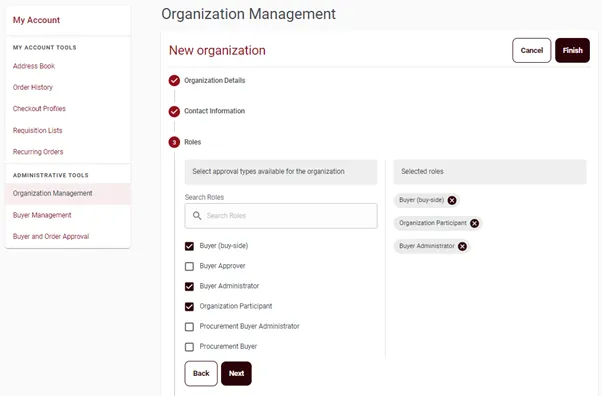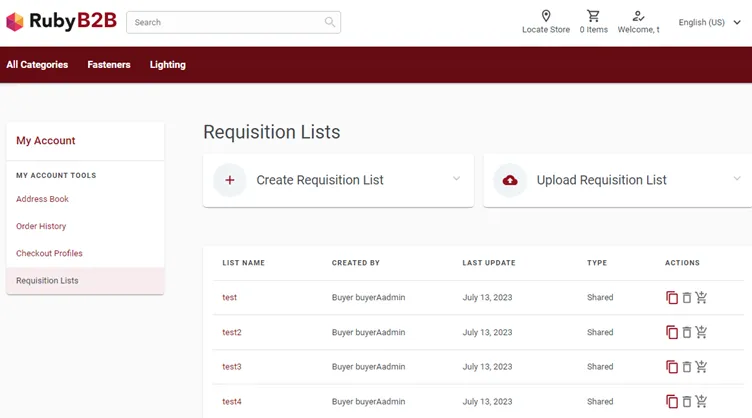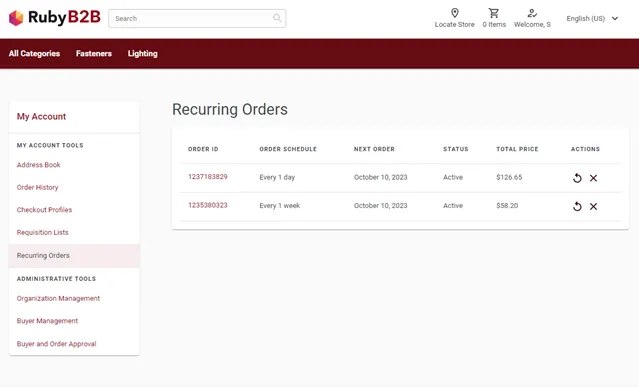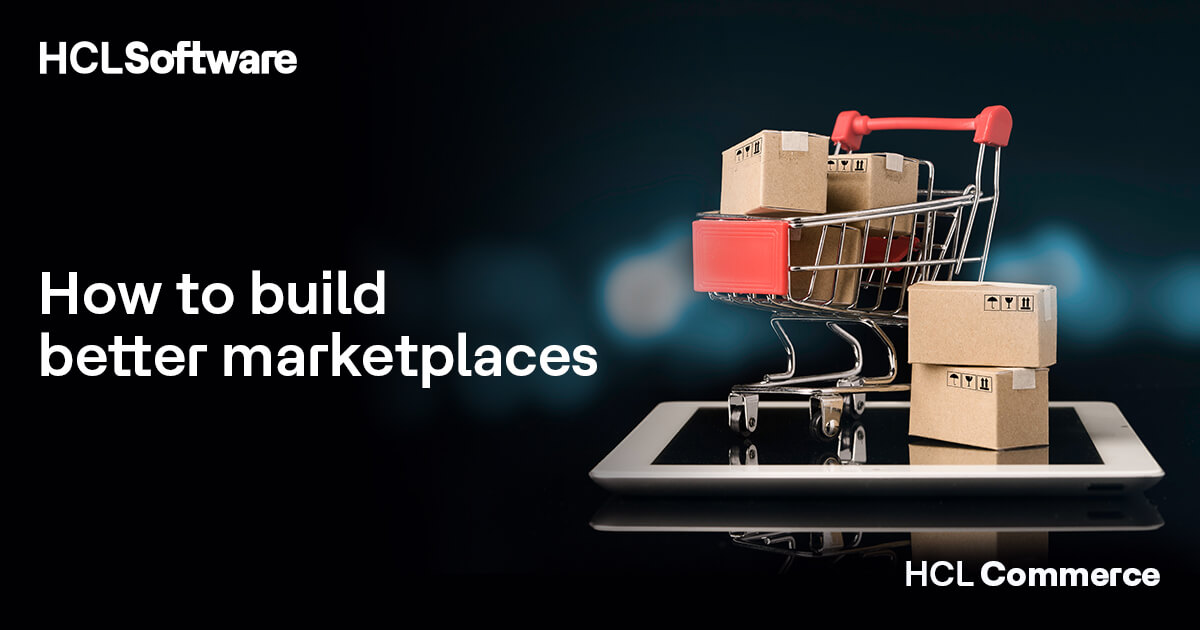Mastering the Digital Demands of the Modern B2B Buyer
Forget the simple checkout lines of B2C. B2B e-commerce is a jungle of customized contracts, complex organizational hierarchies, and high-volume, repeat orders. For years, businesses struggled to convert this "B2B Beast" into a basic retail-focused solution.
Not anymore.
HCL Commerce’s B2B features are engineered specifically to thrive in this complex environment. During a recent Open Mic session, our product and engineering leaders pulled back the curtain on the platform's unique capabilities, showing our customers how to go beyond a "one size fits all" storefront to build a powerful, personalized, and predictable revenue machine.
Here’s an overview of the core HCL Commerce B2B features that allow businesses to buy and sell in the complex B2B world:
Core B2B Capabilities: Beyond B2C
The monumental shift to digital is driven by buyer preference for self-service, and HCL Commerce delivers a highly personalized and efficient experience by addressing the complexity of B2B transactions.
1. Organization and Account Management
B2B companies often have complex, hierarchical internal structures. HCL Commerce allows businesses to mimic these organizational structures within the platform, enabling efficient account management that stays in sync with their real-world business model.
- Key function: Manage complex hierarchies of companies, divisions, and buyers with role-based access and approvals.
- Self-service: Buyer administrators can manage users (add, enable/disable, reset password) under their existing organization.
- Onboarding: Organizations and buyers can self-register through the storefront, with an approval workflow managed via the Management Center. This scales onboarding for large B2B enterprises and reduces manual intervention.

2. Contract-driven Pricing and Entitlement
B2B sales rely on negotiated pricing and terms tied to specific contracts. HCL Commerce ensures this personalization is enforced:
Pricing: The system supports multiple contracts per buyer, each with different negotiated pricing. At login, the chosen contract's terms are applied for the entire session. This means two buyers viewing the same product can see different prices based on their active contract.

Catalog entitlement: The platform allows for personalized catalogs. Catalog filters, defined within a contract, restrict product visibility, ensuring that if a product isn't in a buyer's entitled catalog, it is completely hidden.
3. Ordering and Re-ordering Efficiency
B2B is characterized by bulk ordering and repeat business.
Quick order/bulk order: Allows for quick order placement, often by SKU, to handle large, routine purchases.
Requisition lists: A feature for B2B customers, allowing buyers to add frequently ordered items to private or shared lists for easy, periodic reordering.

Recurring orders: Automates repeat purchases at defined intervals. This provides convenience and automation for buyers and secures predictable revenue and loyalty for the seller.

4. Flexible Checkout and Approval Workflows
- One-click checkout: Allows them to complete purchases with a single click using a pre-defined profile for billing and shipping information.
- Request for quote: The platform allows buyers to create an RFQ based on a basket for additional negotiations.
- Payment options: Contracts can be tied to specific, B2B-friendly payment terms such as purchase orders, credit lines or invoicing.
- Buyer and order approval: The platform provides mechanisms to manage and enforce governance. Rules, such as a threshold amount above which an order needs approval, can be defined per contract.
- Shared orders across the organization: Allows multiple users within the same buyer organization to work on a single order in B2B buying experience.
The Strategic Future: AI and Quoting
The future of B2B commerce involves deep automation and collaboration tools.
The Quote Module for B2B Customers
The Quote Module is called out as the "best new B2B function" by our customers, addressing a key complexity in high-value sales.
- Collaboration: The new Quote PBC (Package Business Capability) facilitates a collaborative effort to build a quote dynamically.
- ERP Integration: This dynamic quote can then be fed directly into back-end ERP or CRM applications, a necessity for managing delta pricing and complex, customer-specific rules.
The Impact of AI/ML on B2B Commerce
HCL Commerce is making a significant investment in Agentic Commerce and AI/ML, which is expected to have a "bigger impact" on B2B.
- Automation: AI/ML is being introduced to remove manual processes in B2B functions and enhance areas like competitive pricing. The developers noted "astronomical" productivity increases, suggesting that early adopters will be able to "skyrocket and leapfrog competition".
- Competitive edge: This automation is vital for competing against giants like Amazon.
By addressing the complexities of organization hierarchy, negotiated contracts and high-volume ordering, HCL Commerce is built not just for today's B2B landscape, but for the future of Agentic Commerce. Its foundation of strong governance and powerful digital tooling empowers businesses to scale, compete effectively and exceed the expectations of the modern, digitally-driven B2B buyer. To see these features in action and hear the discussion with HCLSoftware's product leaders, watch the Open Mic session.
Start a Conversation with Us
We’re here to help you find the right solutions and support you in achieving your business goals.









